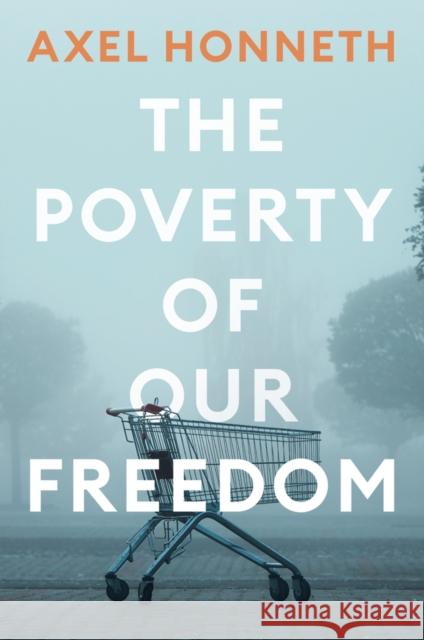The Poverty of Our Freedom: Essays 2012-2019 » książka
topmenu
The Poverty of Our Freedom: Essays 2012-2019
ISBN-13: 9781509556328 / Angielski / Twarda / 2023 / 306 str.
The Poverty of Our Freedom: Essays 2012-2019
ISBN-13: 9781509556328 / Angielski / Twarda / 2023 / 306 str.
cena 308,07
(netto: 293,40 VAT: 5%)
Najniższa cena z 30 dni: 305,55
(netto: 293,40 VAT: 5%)
Najniższa cena z 30 dni: 305,55
Termin realizacji zamówienia:
ok. 30 dni roboczych.
ok. 30 dni roboczych.
Darmowa dostawa!
Kategorie BISAC:
Wydawca:
Polity Press
Język:
Angielski
ISBN-13:
9781509556328
Rok wydania:
2023
Ilość stron:
306
Wymiary:
22.9 x 15.2
Oprawa:
Twarda
Dodatkowe informacje:
Bibliografia











